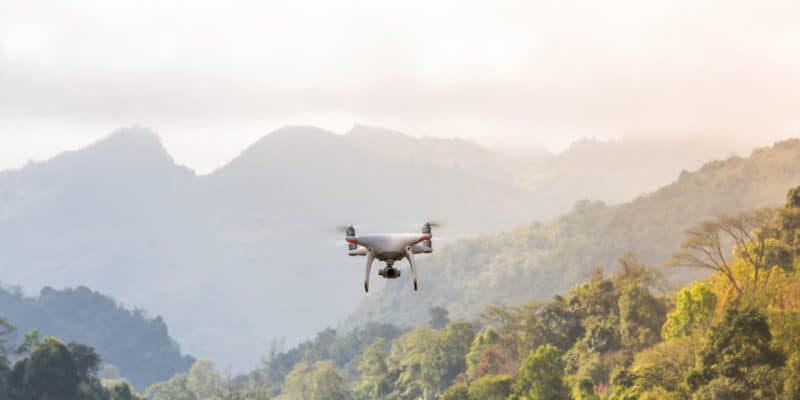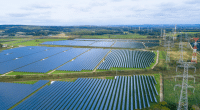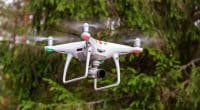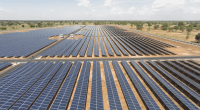Sierra Leone is at the heart of a pilot project to accelerate the sustainable restoration of its forest cover. The new technology developed and implemented by several actors combines remote sensing by drone and self-financing through forest carbon offsetting.
How to restore forest cover? This is a difficult equation to solve for several African countries facing deforestation. Located in West Africa, one of the largest sources of deforestation on the African continent, Sierra Leone is directly concerned by this phenomenon, which is partly linked to the development of commercial agriculture. Having lost 30% of its forest cover since 2000, the Sierra Leonean authorities now want to stop the bleeding and direct the country towards a 960,000-hectare restoration programme.
To support this ambition, several actors have joined forces to implement a new reforestation technology. In the pilot project in the north of the country, each tree planted is geo-located and monitored by long-range drones. The project is being implemented by UK-based Crown Agents and UAVaid, a UK-based drone specialist, in ‘close’ collaboration with the Sierra Leonean government and UK Aid.
The key role of local communities
“While the use of remote sensing to determine land use is not new, the ability to track the condition of individual trees will provide more accurate data to determine the expected amount of carbon captured,” explains Habiba Wurie, Crown Agents’ Country Director in Sierra Leone. According to her, this technology will help address the fragmentation of forest carbon offsetting.
Read also- AFRICA: should forest carbon offsetting be pursued after all?
The remote monitoring technology will provide stakeholders and investors with real-time reports on successes, payment benchmarks, and the operations and maintenance required to maintain forest health, Wurie says. The technology is expected to help reduce the uncertainties that plague carbon offsets in rural Africa, “where monitoring can be both costly and infrequent, leading to visibility problems”, says Crown Agents.
In northern Sierra Leone, the pilot project is being implemented in partnership with Tacugama Chimpanzee Sanctuary (TCS). This local conservation and community development organisation will mobilise local people to become custodians of the restored forests. This is in contrast to other reforestation projects that sometimes result in land expropriation within the riparian communities.
Jean Marie Takouleu







